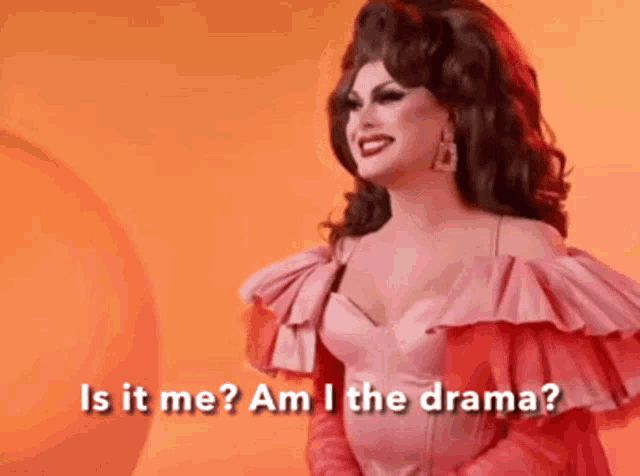In all board gaming communities there is one question that seems to get people riled up more than anything else, and that's the question of snacks at the table when playing board games. There is little more that causes the collective blood to boil, apparently, than the inclusion of any type of food or drink at the table. But is this really justified?
I appreciate that people are protective over their game collection and don't want to see the carefully crafted assets damaged or stained. There are, of course, steps that can be taken to help reduce this by way of card sleeves, but is the risk of some minor damage worth it to increase the social element of the hobby?
Multiplayer games exist specifically to be a shared experience with friends and other hobbyists. In many respects they are perfectly suited to combine with food and drink to enhance the experience. They are primarily in-door activities, they usually involve sitting together at a table for extended periods, during which time people will get hungry and thirsty, and they are both social experiences that we use to bond with those around us.
Commensality is the term anthropologists use to describe the act of eating together, and it is recognised as one of the most commonly shared practices among human beings. However, there is some debate as to what the term actually refers to. Does it mean sharing the food, the table, the place, or the moment? Jonsson et al state that commensality "is first and foremost a matter of sharing the table and, thus, the place and the central material object." In this way, eating together is viewed as a way of creating or maintaining a group, "a way to assert or to strengthen a 'We'". By eating together and sharing food, we are reasserting our connections with each other while also reassuring our brains that we are safe, satisfied, and loved. This naturally floods our bodies with positive hormones.
If we are looking at commensality as Jonsson et al described it, we can see a strong overlap between board games and mealtimes in the sharing of the table space and how this increases our bonds with each other.
As there is such a clear link between gaming and food, it is entirely natural that we should look to combining the two pastimes. I understand that the owners of board games don't want to see their collections marked or damaged, but by rigidly denying the incorporation of eating and drinking to accompany games, are players losing out?
I don't mean to sound dramatic and morbid but everything decays. We cannot keep everything pristine forever, and to what end are we attempting to do so? Resale value is one thing, sure, but in removing such a perfect partnership as games and food, are players limiting their enjoyment of an activity just to maintain a value that is as much at the whim of the market as it is in the quality of the product?
All game owners must make the decision for themselves about what they will and will not allow at their tables, but I for one will always allow food and drink . In fact, pairing food to the type of game, much like we find thematically appropriate music, is all part of the fun. Let's not forget that publisher Pretzel Games supposedly got their name from their desire to design games that can be comfortably played with a pretzel in one hand!
There is already enough joylessness in the world, let your players eat and drink at the table.



.jpg)